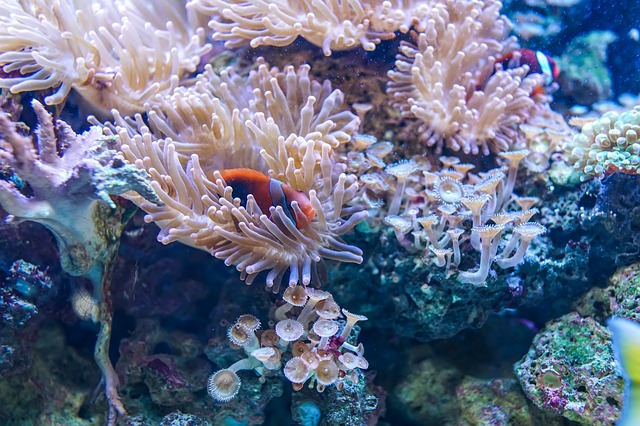Introduction
Kasur is located in Punjab, Pakistan and it is considered a potential hub of the leather industry. The leather sector of Pakistan holds great economic importance. The tanning industry is a vital earning source for Pakistan through the foreign exchange of leather goods such as boots, jackets, sports material, handbags, and other products. These leather products are prepared in the country and then exported to other countries all around the world.
Kasur Tanneries are infamous for adverse environmental impacts. These impacts are causing environmental pollution and health problems. There are more than 200 tanneries in Kasur. The industries in Kasur use the chrome tanning process. This technique is based on tanning the hide by using acids, chemicals, and salts. The effluents are released directly into the surrounding environment.
Toxins from Kasur Tanneries
Reported toxins from Kasur tanneries are heavy metals such as chromium, nickel, sodium, manganese, etc. These heavy metals are found in soil as well as groundwater sources.
Effluents Management System in Kasur
Industrial waste is consisting of discharge and effluents including toxic gases and compounds. Tanneries produce almost 9000 cubic meters of wastewater along with 150 tonnes of solid leather waste. The waste from tanneries is being released into nearby water bodies without any treatment. The solid waste is dumped on land areas. These factors resulted in the degradation of the Kasur environment.
You might also be interested in: Fast Fashion and Its Impacts On The Environment
Kasur Tannery Pollution Control Project
The increasing and uncontrollable environmental effects caused by Kasur tanneries forced the government of Pakistan to start an initiative in collaboration with UNDP, the government of Punjab, and tannery owners. Kasur tannery pollution control project is currently operational in Kasur. The aim of this project is to treat wastewater and reduce potential hazards associated with tanning industries.
Kasur Tanneries Impacts on the Environment
Kasur tanneries are having negative impacts on all aspects of the environment involving air, water, and soil pollution.
Published research highlighted the presence of Chromium-heavy metal elements in nearby villages of Kasur. The soil and water were contaminated with chromium. The contaminated water was being used for irrigational purposes. The vegetation of those areas was also found contaminated with chromium.
This published research reported testicular dysfunction in small Indian mongoose (Herpestes javanicus) caused by toxic hexavalent chromium.
One research highlighted high concentrations of sodium in Kasur that could contaminate groundwater resulting in saline water.
The wastewater being produced in the tanning industry is highly toxic for the surrounding environment. The contaminated wastewater poses serious threats to agricultural and aquaculture sectors indicated by another research.
Human Health
The Kasur tanning industry is found responsible for human health problems that include eye diseases, typhoid, respiratory diseases, skin diseases, diarrhea, hypertension, lung cancer, etc. The reason for prevailing respiratory and dysentery diseases is due to contaminated air and water sources.
Conclusion
Heavy metals have made their way into the food chain. Soil is affected and crop yield has been reduced. The groundwater is likely to become saline. Animals and humans in the area are suffering from diseases due to industrial waste. The effluent discharge must be treated before releasing into surrounding areas as suggested by published researches.
Also read: Fashion Industry and Its Negative Impacts on the Environment
Recommendation
The initiative of pollution control project by the Government of Pakistan is a good gesture for the residents of Kasur. However, it is recommended that possible solutions should be found for already contaminated soil and water sources.
You might also like: Lahore Smog is Killing Us -Harmful Impacts of Smog On Humans
I hope you all liked this post! Please comment below if you have any suggestions, comments, or feedback! We at #envpk love hearing from our readers! Thanks!




